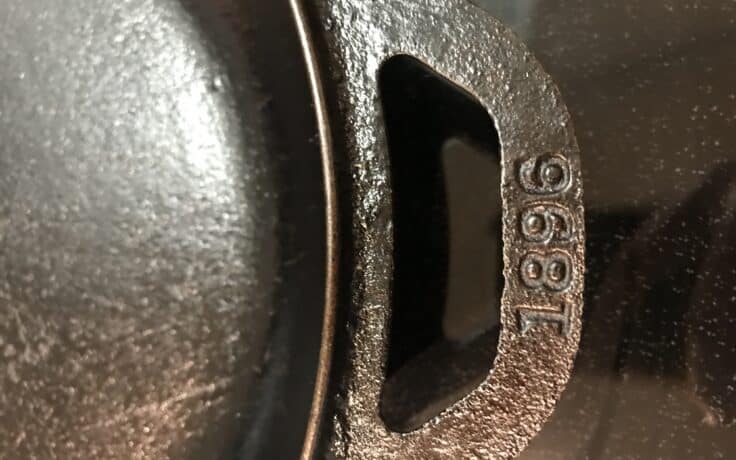Find the Best Sustainable Products
Since 2018, the team at LeafScore has been helping consumers make greener purchasing decisions. Through our article library and online store, we make it easy to switch out unsustainable products for eco-friendly alternatives.

Trending Articles
Editor's Picks
Our Leaf Rating System
If a product appears on this site, it is trustworthy and sustainably made with as little environmental impact as possible, however, some products are more pristine than others and budget plays a role as well. We have a 5-leaf rating system to determine the eco-friendliness of each product.
Our Process
Our research begins with these source materials:
Safety data from government agencies
Industry reports and documents
Third-party reports
Emailing brands
Popular Kitchen Articles
Popular Baby & Kids Articles
Free eBook: Simple Steps to a Greener Home
Concerned about climate change? Learn actionable tips for making each room in your home greener.
"*" indicates required fields



















